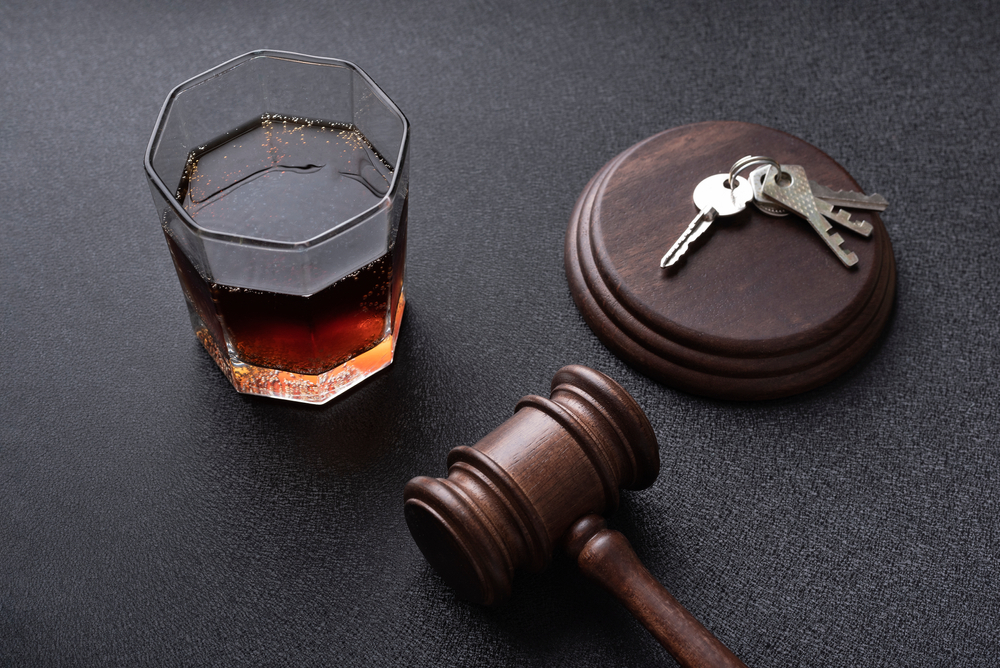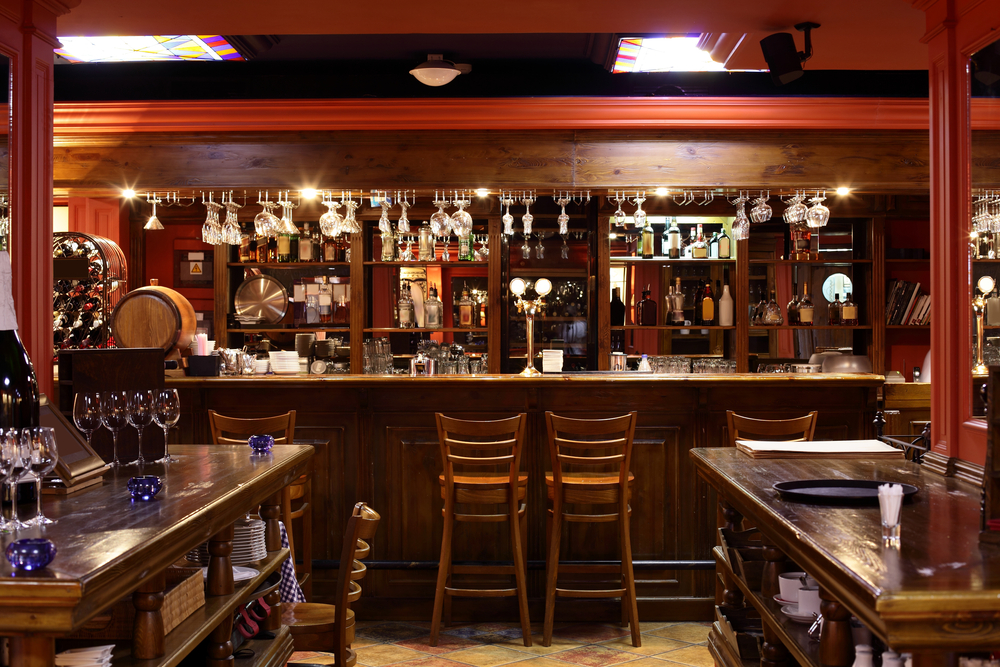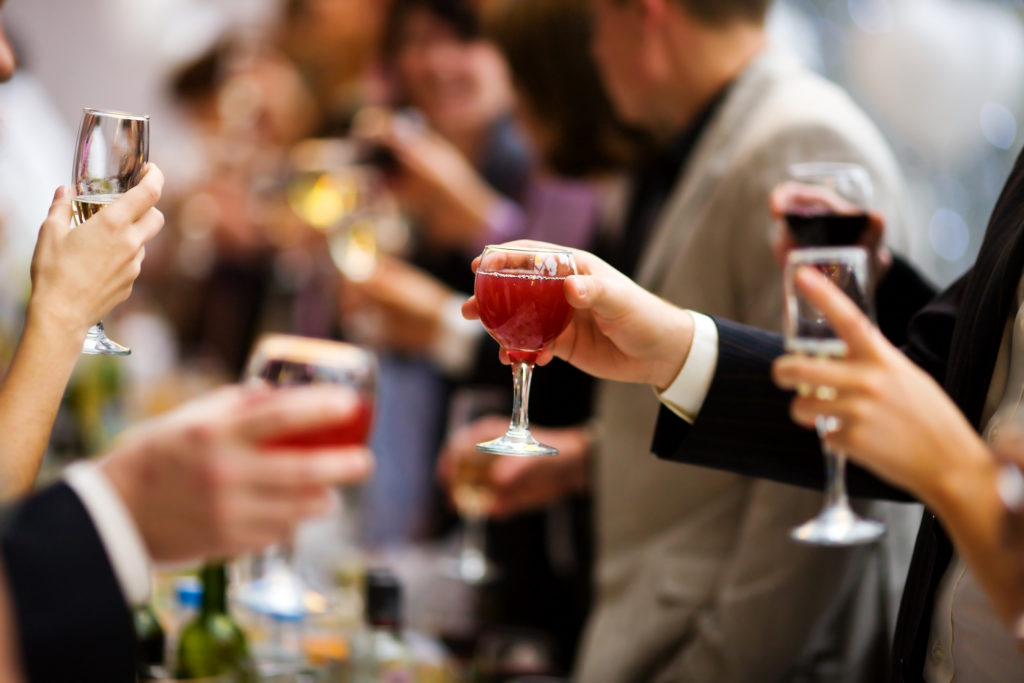
Liquor/Bar Liability Attorney in Florida

If you were injured in a drunk driving accident in Daytona Beach or other parts of Florida, you might be able to recover damages from third parties under the state’s dram shop law. While the intoxicated driver who caused the crash is the most obvious party to sue following a DUI accident, third parties such as the establishment that sold or served alcohol to the driver, may be held liable for the collision, too.
If you were involved in a DUI crash in Florida, consult with an experienced liquor liability lawyer to investigate your case and determine liquor/bar liability in your particular situation. Contact our Florida Board-Certified Civil Trial Lawyer at Rick Kolodinsky, P.A., to help you seek compensation from liable third parties under Florida’s dram shop law.
What is a dram shop?

The word “dram” is used to describe a unit of liquid capacity. In the past, buying alcohol by the dram meant buying 1/8 of an ounce of an alcoholic beverage. Back in the day, places where you could buy alcohol were called “dram shops.” Nowadays, a dram shop is any establishment where alcohol is sold and served, including but not limited to:
- Bars
- Restaurants
- Nightclubs
- Liquor stores
- Other licensed providers, vendors, and sellers of alcohol
Florida’s dram shop law (liquor/bar liability)
Florida Statutes Section 768.125 lays out the specifics of Florida’s dram shop law, also known as dram shop liability or liquor/bar liability. Under the state’s dram shop law, persons and establishments can be held liable for injuries and damages caused by a drunk person to whom they “willfully and unlawfully” served alcohol, if the person is:
- Below the lawful drinking age (under the Florida Statutes Section 562.111, the legal drinking age is 21); or
- “Habitually addicted” to the use of alcohol (in other words, has a drinking problem).
How Florida’s dram shop law differs from other states

Unlike many other states, Florida does not hold establishments, vendors, or social hosts liable for car accidents for serving alcohol to a visibly intoxicated person. Florida’s liquor/bar liability law is limited to serving alcohol to underage individuals and persons with a known drinking problem or alcohol addiction.
More importantly, unlike other states, Florida does not hold social hosts responsible for car crashes caused by persons to whom they served alcohol at a private party or event, even if the social host knew that the person was “habitually addicted” to alcohol. However, social hosts can still face consequences, including suspension of their driver’s license, for knowingly serving alcohol to minors under the Florida Statutes Section 322.057.
How to establish liquor/bar liability in Florida?
Under Florida’s dram shop law, alcohol-serving establishments can be held liable when they serve alcohol to a minor or a habitually addicted individual who then causes harm to another person. In both situations, the injured victim must prove that the third party acted “willfully” or “knowingly”; for example:
- The bar, restaurant, or vendor acted “willfully” when it sold or furnished alcoholic beverages to the underage person who then caused a crash. In most cases, this element is difficult to prove because you need to demonstrate evidence that the establishment knew or should have known that the person was below the drinking age or that an adult was buying alcoholic beverages that would be consumed by a minor.
- The establishment acted knowingly when it served alcohol to a person with a drinking problem. You must prove that the bar, restaurant, nightclub, or vendor (except a private social host) knowingly sold or served alcohol to a person with a known history of alcohol addiction or abuse.
Four elements of a dram shop liability case
Since Florida’s dram shop law is part of the state’s “negligence” chapter (Chapter 768), an injured party must prove the four elements of negligence to establish liquor/bar liability:
- Duty of care. Alcohol-serving establishments owe a duty of care to their patrons and visitors. One of the duties is to check IDs and refuse to serve alcoholic beverages to minors and persons who are habitually addicted to alcohol.
- Breach of duty. If the establishment knowingly or willfully sells or serves alcohol to an underage person or habitual drinker, they have breached their duty of care. Many businesses knowingly breach the duty and disregard the potential dangers to increase their profits.
- Causation. This element is difficult to establish in dram shop liability cases because the plaintiff must prove that the defendant’s sale of alcohol specifically caused the harm.
- Damages and injuries. If an intoxicated minor or habitual drinker who was served alcohol by the defendant causes a car accident or injures another person in other situations, the establishment or vendor that sold them alcohol will be held liable for the resulting damages and injuries.
Recovering damages under Florida’s dram shop law
Under the Florida Statutes Section 95.11, a person who was injured by a drunk person has four years to file a personal injury lawsuit against the bar, restaurant, club, vendor, or any other establishment that willfully and unlawfully served alcohol to the minor or habitual drinker.
The injured party can recover the following types of damages under Florida’s dram shop law:
- Medical expenses
- The cost of property damage
- Loss of income
- Diminished earning capacity
- Pain and suffering
- Punitive damages (under the Florida Statutes Section 768.72, punitive damages are available in personal injury cases involving gross negligence or intentional misconduct)
Why you need a liquor/bar liability lawyer in Florida
Often, drunk individuals may not have enough insurance coverage to pay for their victim’s total damages and losses. For this reason, filing a claim against liable third parties, including the establishment that sold or served alcohol to the at-fault party, may allow you to recover additional damages.
However, Florida’s legal system can be difficult to navigate, and as discussed above, the dram shop law negligence elements can be tricky to prove. As such, you can benefit from retaining a liquor/bar liability lawyer in Daytona Beach to help you prove that the alcohol-serving establishment acted knowingly or willfully to get the full compensation you deserve.
Contact our Daytona Beach liquor bar/liability attorney Rick Kolodinsky, P.A., to help you prepare a dram shop claim and pursue maximum compensation. Schedule a free consultation by calling at 386-200-1866 or visit our Contact Us page.
